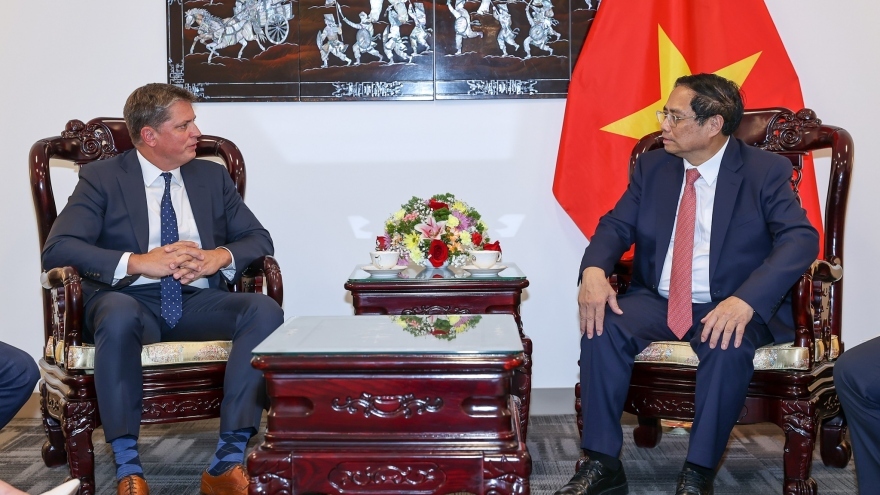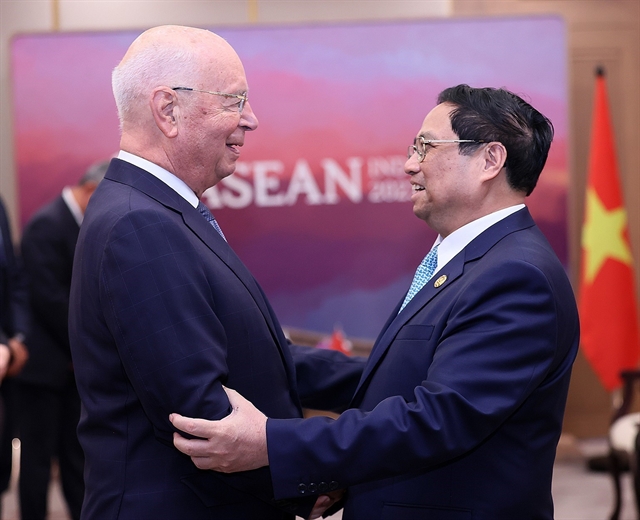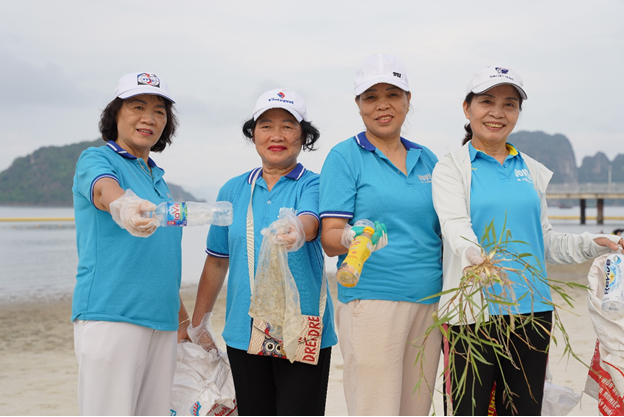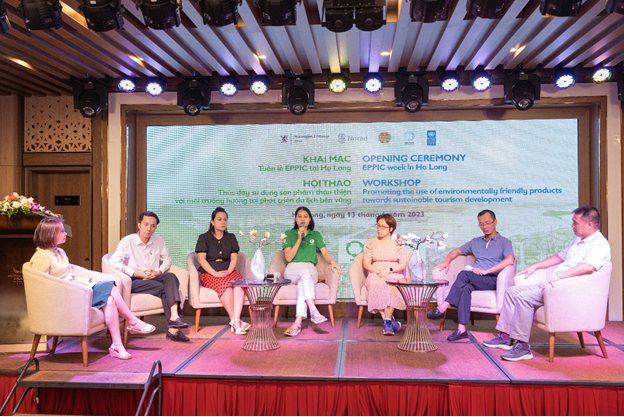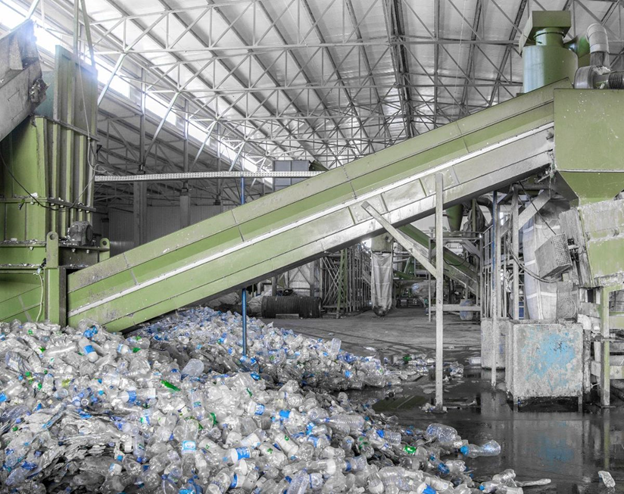Travel businesses in Phu Quoc join plastic waste reduction project
SGGP
As part of the “Reducing Ocean Plastic Waste in Vietnam”, the WWF Viet Nam and the People’s Committee of Phu Quoc City organized a seminar on reducing plastic waste and developing sustainable tourism targeting travel agencies on 18 October in Phu Quoc Island. This project was endorsed by MONRE’s Department of Vietnam Seas and Islands (VASI) to promote ecotourism with less plastic waste generation from 2019 to 2023 in 9 provinces and cities, focusing on communications and education, urban plastic reduction, fisheries and marine protected areas, and EPR and policy management.
The World Wide Fund for Nature Vietnam (WWF-Vietnam) coordinated the People’s Committee of Phu Quoc City to organize a seminar on reducing plastic waste and developing sustainable tourism with the participation of travel businesses on October 18.
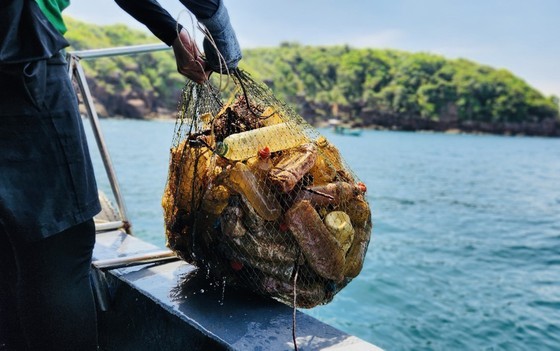
The event is part of the “Reducing Ocean Plastic Waste in Vietnam” project taken by the WWF-Vietnam.
According to the WWF-Vietnam, environmental protection, improving household solid waste management, reducing ocean plastic pollution, and mobilizing resources to improve the ecological environment are important and priority missions for sustainable tourism development in Phu Quoc island in the Mekong Delta province of Kien Giang.
Ms. Nguyen My Quynh, Project Manager of WWF-Vietnam hoped that the project would raise travel companies’ awareness of increasing cooperation and connectivity to implement solutions for reducing plastic waste. The program also helps businesses enhance their competitiveness to attract consumers in the context of responsible tourism towards sustainable development.
The “Reducing Ocean Plastic Waste in Vietnam” project launched by the Department of Vietnam Seas and Islands under the Ministry of Natural Resources and Environment in collaboration with the WWF-Vietnam and partners has been carried out in nine provinces and cities from October 2019 to December 2023.
The project has four main parts, including communications and education, urban plastic reduction, fisheries and marine protected areas, and management policies and extended producer responsibility (EPR).






